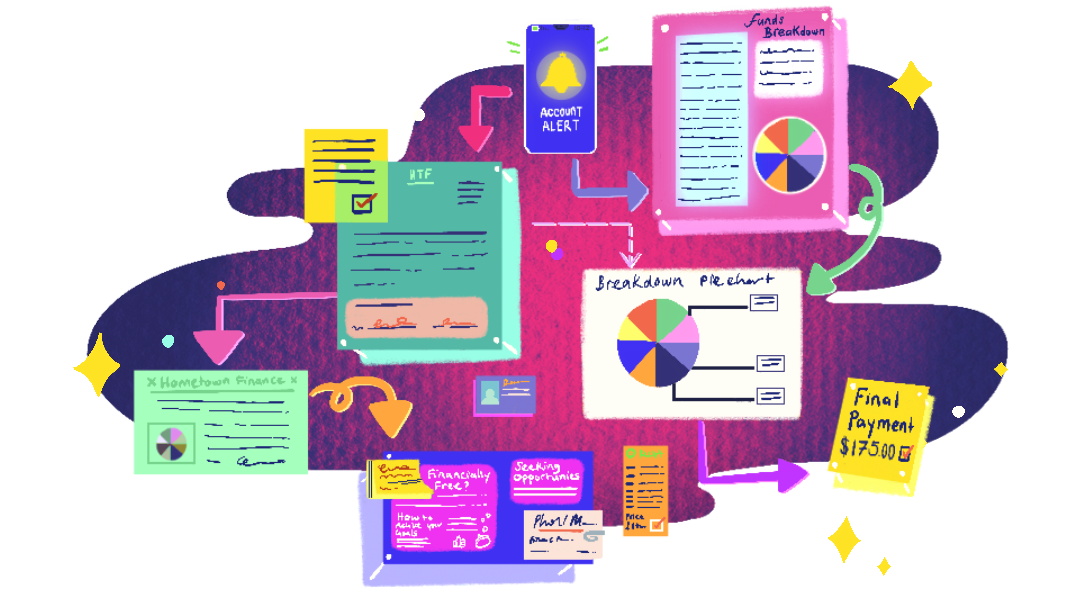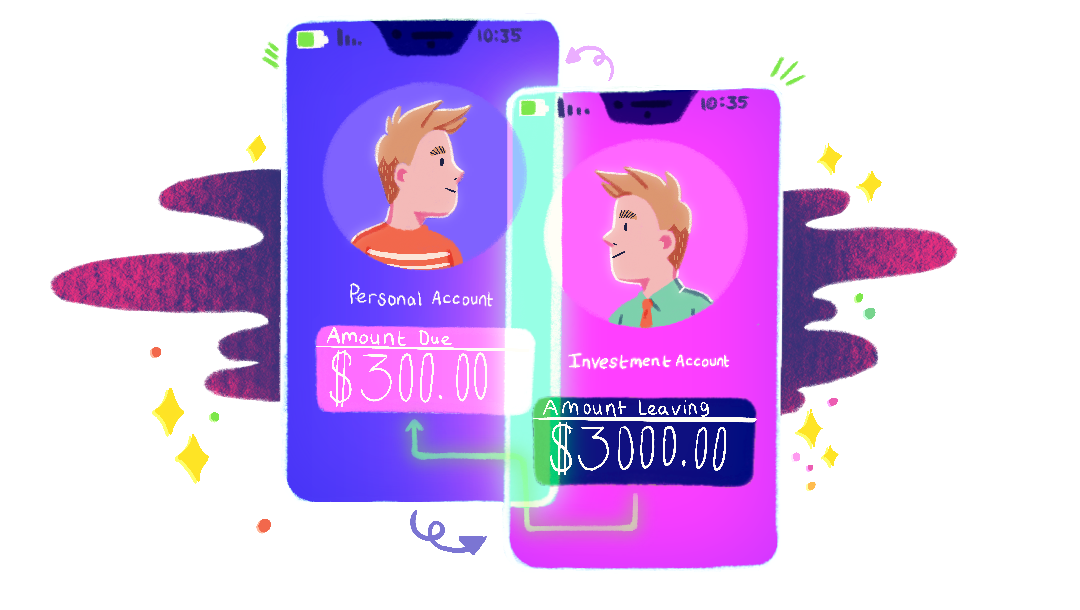Certificates of Deposit and Share Certificates
In this article:
If you're willing to wait, a CD or share certificate can be a great way to earn a high interest rate on the money you deposit.
You can get a certificate of deposit (CD) through almost any bank, while share certificates are available exclusively at credit unions. They are similar products. With both products, you essentially promise that you'll leave a certain amount of money in an account for a specified amount of time. In exchange for not accessing the money during that period, the bank or credit union offers high interest rates on the deposited amount.
The length of a share certificate or CD can vary, but anywhere between six months and five years is common. There is usually a minimum required deposit—around $500 is typical. The money you deposit is referred to as the principal, the length of time you’re required to leave it in is the term, and the end date when you can withdraw the money without penalty is the date of maturity. The interest rate, and annual percentage yield determine how much you’ll make in interest off your initial deposit.

When a CD or share certificate matures, you generally have a time limit to decide what to do with the money. If you take too long to decide what to do, the financial institution may roll over your money into another CD or share certificate for the same term at the current interest rate—this could be more or less than you expect. If you want to take the money out after the date of maturity, you can ask the bank or credit union to move the money into another account or send you a check. Some institutions have you designate an account when you open the CD, but offer flexibility to change if you decide to reinvest.
It is possible to access the money before the CD or share certificate matures, but if you do so, you’ll face penalties and fees. Consider a shorter term if you think you might need the money sooner than later.
Most people use a local bank or credit union for convenience, although there are online options that may work for you. Another option is to go through a broker. You’ll pay a brokerage fee or commission, but may have more flexibility if you need to withdraw funds before maturity. Ask your broker for details—and verify that the CD or certificate is insured. When you use a credit union member of the National Credit Union Administration (NCUA), your investment of up to $250,000 is protected by federal insurance. Same goes for banks with Federal Deposit Insurance Corporation (FDIC) coverage.
Caution: Be very cautious about buying liquid CDs or share certificates that claim you can make early withdrawals without fees. There are often restrictions that make these products less flexible than they appear.

What you actually earn on your CD or share certificate is the yield— specifically the annual percentage yield (APY). There are two types of interest: simple and compound. Simple interest is paid only on the principal you initially invested. Compound interest adds in the money that has been earned. Good news: CDs and share certificates usually earn compound interest, so you’ll earn more money over time.
Because they are federally insured, CDs and share certificates offer very little risk. The only hit you’ll take is if you need to withdraw money before your term is up. Early withdrawal penalties vary, but generally require you to forfeit a portion of your earned interest. For instance, if you have a 3 month term and withdraw early, a realistic penalty is 1 month’s interest. For a 3-12 month term, it’s likely 3 months’ interest. For 12-24 months, you’ll forfeit 6 months’ interest, and so forth.
The other risk is tied to the uncertain nature of interest rates. You could lock in a CD or share certificate at a certain interest rate and then find that rates go up (even substantially). This can work in your favor, too, with rates dropping while you are guaranteed a higher return.
CDs and share certificates can be a great tool for earning more interest than a typical savings account without tying your money up longer than needed or introducing risk. Here are a few more benefits of this type of product.
- Higher yield than a regular checking or savings account
- Choose the term that works for you
- No sales or brokerage fees at a bank or credit union
- Interest rate is fixed for the full term
- Investments are insured by FDIC or NCUA
- Stable despite any economic changes
Neither Banzai nor its sponsoring partners make any warranties or representations as to the accuracy, applicability, completeness, or suitability for any particular purpose of the information contained herein. Banzai and its sponsoring partners expressly disclaim any liability arising from the use or misuse of these materials and, by visiting this site, you agree to release Banzai and its sponsoring partners from any such liability. Do not rely upon the information provided in this content when making decisions regarding financial or legal matters without first consulting with a qualified, licensed professional.


